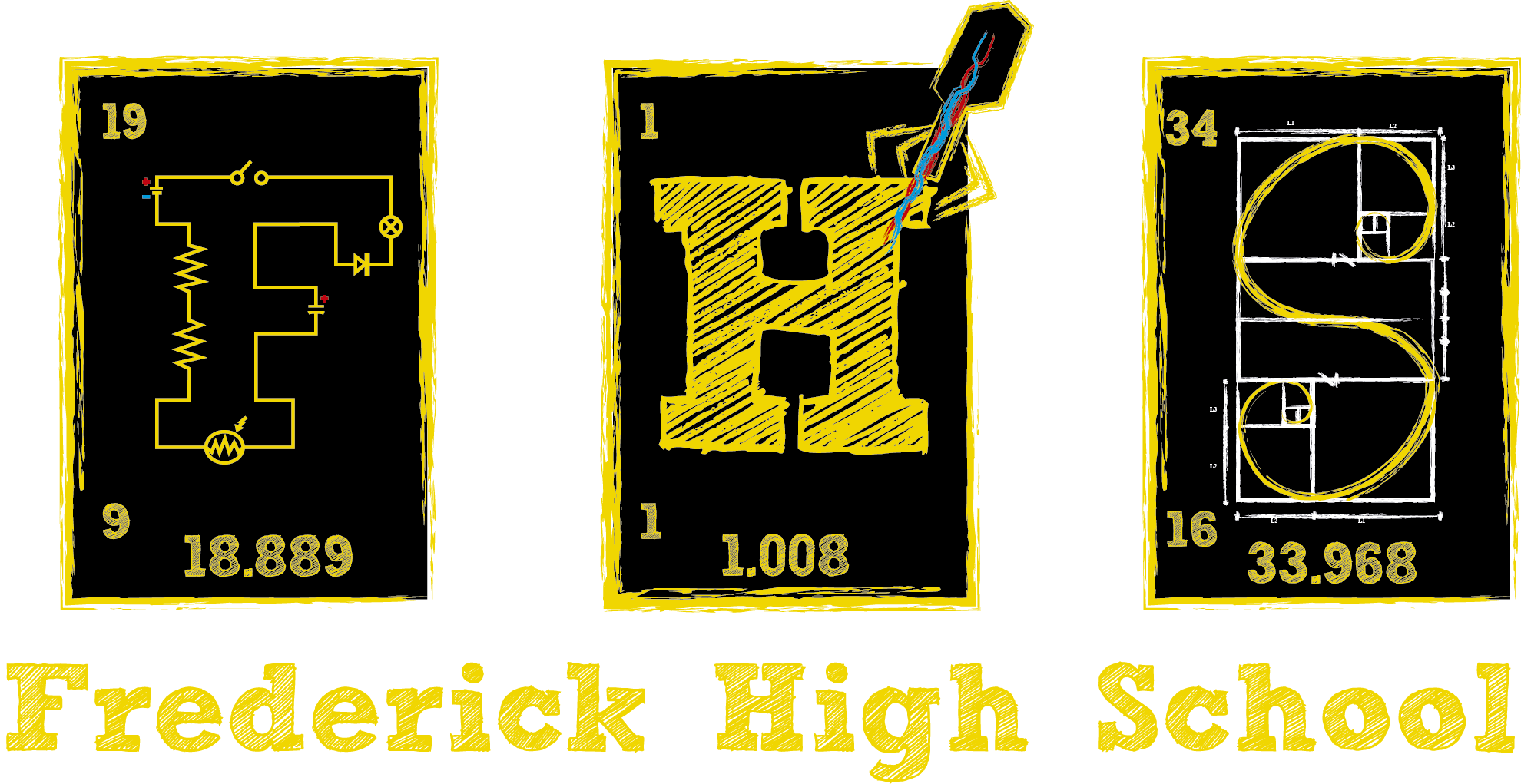Team:FHS Frederick MD/Outlook
From 2014hs.igem.org
(Difference between revisions)
(Minor edits) |
(→The best is yet to come: Matched the title to the page name.) |
||
| Line 1: | Line 1: | ||
{{:Team:FHS_Frederick_MD/Header}} | {{:Team:FHS_Frederick_MD/Header}} | ||
| - | = | + | =Outlook= |
This year's experiments have resulted in minor setbacks and major successes. In our endeavors we have successfully combined the LOV fluorescent domain into our plasmid pSB1C3. The following years remain bright with possibilities. In years following this, future iGEMs members will succeed where we have failed, in which they will unite NirB and pSBLC3. Such completion would lead to the union of two plasmids through combining the promoter and LOV gene. Thus reaching our stride by placing our gene into ''Shewanella oneidensis'' to create our anaerobic/bacterial growth indicator. Future members will continue our work and research until a proficient fuel cell is created. Given our dedication and desire to succeed we hope to see our members bringing a functioning fuel cell into iGEM 2020. | This year's experiments have resulted in minor setbacks and major successes. In our endeavors we have successfully combined the LOV fluorescent domain into our plasmid pSB1C3. The following years remain bright with possibilities. In years following this, future iGEMs members will succeed where we have failed, in which they will unite NirB and pSBLC3. Such completion would lead to the union of two plasmids through combining the promoter and LOV gene. Thus reaching our stride by placing our gene into ''Shewanella oneidensis'' to create our anaerobic/bacterial growth indicator. Future members will continue our work and research until a proficient fuel cell is created. Given our dedication and desire to succeed we hope to see our members bringing a functioning fuel cell into iGEM 2020. | ||
Revision as of 23:17, 20 June 2014
 "
"
